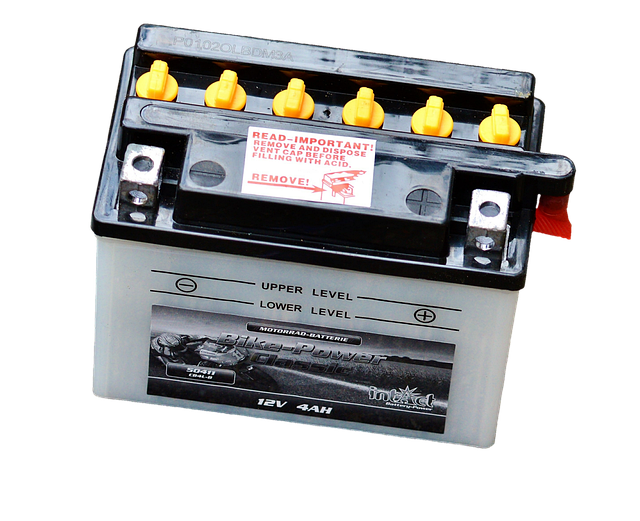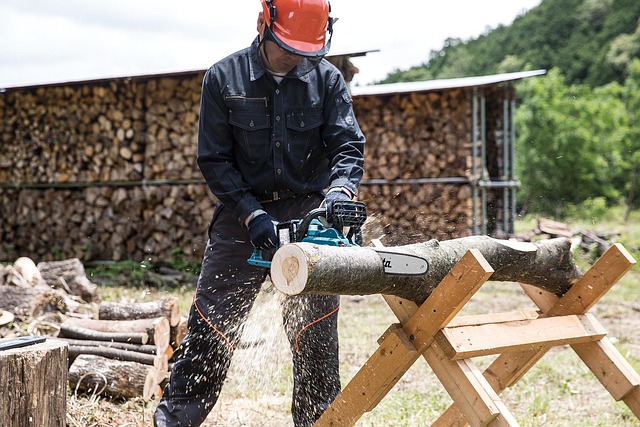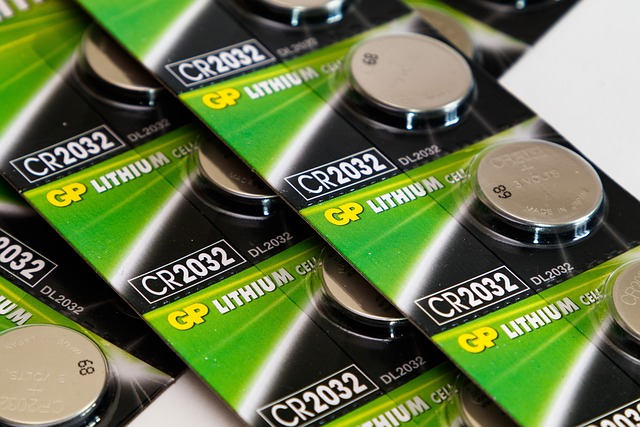Boston and New York City promote battery recycling through convenient drop-off programs and specialized initiatives. Neighborhood drop boxes and sustainable disposal options at institutions capture and recycle batteries from residential, educational, and commercial sectors. By participating in these schemes, cities reduce electronic waste and ensure safe handling of hazardous materials, safeguarding the environment and public health.
Looking to recycle old batteries at home in Boston, NY? This comprehensive guide covers everything you need to know. From understanding the local battery recycling process to learning how to prepare and drop off your used batteries, we’ve got you covered. Discover which common types of batteries are accepted and explore the significant environmental benefits of proper recycling. Make a positive impact on the planet today!
- Understanding Battery Recycling in Boston
- Collection and Preparation of Old Batteries
- Local Drop-Off Locations and Facilities
- Common Types of Batteries Accepted
- Benefits and Environmental Impact of Recycling
Understanding Battery Recycling in Boston

In Boston, understanding battery recycling is key to contributing to a greener city. The city has implemented various initiatives to facilitate this process, such as the availability of neighborhood battery drop boxes and specialized programs at institutions like Boston University, which promote sustainable battery disposal practices. These efforts aim to capture and recycle the vast array of batteries used in homes, schools, and businesses across the city.
Boston’s commitment to eco-conscious battery drop-off programs mirrors similar initiatives in New York City (NYC), where residents can conveniently deposit old batteries at designated locations. By participating in these recycling schemes, Boston and NYC are not only reducing electronic waste but also ensuring that hazardous materials from batteries are handled and processed safely, protecting the environment and public health.
Collection and Preparation of Old Batteries

In the boston area, collecting and preparing old batteries for recycling is a simple process designed to protect both the environment and local ecosystems. Start by identifying all the batteries in your home, including those from appliances, electronics, and vehicles. Create separate containers or bags for different types of batteries—like alkaline, lithium-ion, and lead-acid—as many boston area battery pickup services will require this segregation for efficient recycling.
Ensure that the batteries are clean and dry to maximize their recycling potential. Remove any protective casing or packaging if present. For larger batteries like those from cars, consider disassembling them safely, following guidelines provided by ma state approved battery recycling programs or local waste management centers. Never throw old batteries in the trash as they can leach harmful chemicals into soil and water, highlighting the importance of adopting nyc eco-conscious battery drop off options for proper disposal.
Local Drop-Off Locations and Facilities

In Boston and its surrounding areas like New York, numerous local drop-off locations and facilities cater to the responsible disposal and recycling of old batteries. These resources ensure that hazardous materials are handled safely and efficiently, contributing to a more sustainable future for both battery recycling Boston and beyond. Residents can find dedicated collection points at various businesses, community centers, and even universities like Boston University, making it convenient to participate in battery recycling programs.
The boston battery recycling events calendar is a valuable tool for staying informed about special collection drives and drop-off events organized by local authorities and environmental initiatives. Moreover, rechargeable battery recycling centers MA offer specialized facilities for processing various types of batteries, from household to industrial ones. These centers exemplify the city’s commitment to sustainable battery disposal Boston practices, ensuring that old batteries don’t end up in landfills but are instead transformed into valuable resources through responsible recycling methods.
Common Types of Batteries Accepted

In Boston and New York, several common types of batteries are accepted for recycling, making it easier than ever to dispose of old devices responsibly. These include alkaline batteries, often found in everyday items like remote controls and flashlights, as well as lithium-ion batteries from smartphones, laptops, and electric vehicles. Additionally, many centers take advantage of a growing initiative to recycle button batteries commonly used in watches and hearing aids.
While some grocery stores in New York offer recycling programs for batteries, Boston has seen the rise of innovative startups focused on e-waste recycling, providing numerous options for residents. Furthermore, schools across Massachusetts have started hosting free battery recycling events, encouraging students and communities to take part in this eco-friendly practice.
Benefits and Environmental Impact of Recycling

Recycling old batteries at home is not only a responsible practice but also offers significant environmental benefits, especially in urban areas like Boston and New York City. By participating in local battery recycling programs, residents can contribute to the reduction of electronic waste (e-waste) that often ends up in landfills. These facilities are designed to handle various types of batteries, including those from household items, electronics, and even rechargeable devices, ensuring proper disposal according to state regulations, particularly for non-hazardous materials in New York.
The environmental impact is profound; recycling batteries helps conserve natural resources as it reduces the need for mining new raw materials. Additionally, it minimizes pollution caused by toxic chemicals that might leach from improper disposal. Battery recycling programs in Boston and New York have been instrumental in fostering a sustainable cycle, where old batteries are repurposed into valuable resources, reducing the strain on our planet’s finite resources.
Battery recycling in Boston, whether done at home or through local drop-off locations, plays a crucial role in reducing environmental impact. By understanding what types of batteries are accepted and preparing them properly for collection, residents can contribute significantly to the sustainability goal of the city. Recycling old batteries not only diverts hazardous materials from landfills but also conserves resources, minimizes pollution, and promotes a greener future for both Boston and beyond, making it an essential practice in the context of battery recycling Boston NY.














